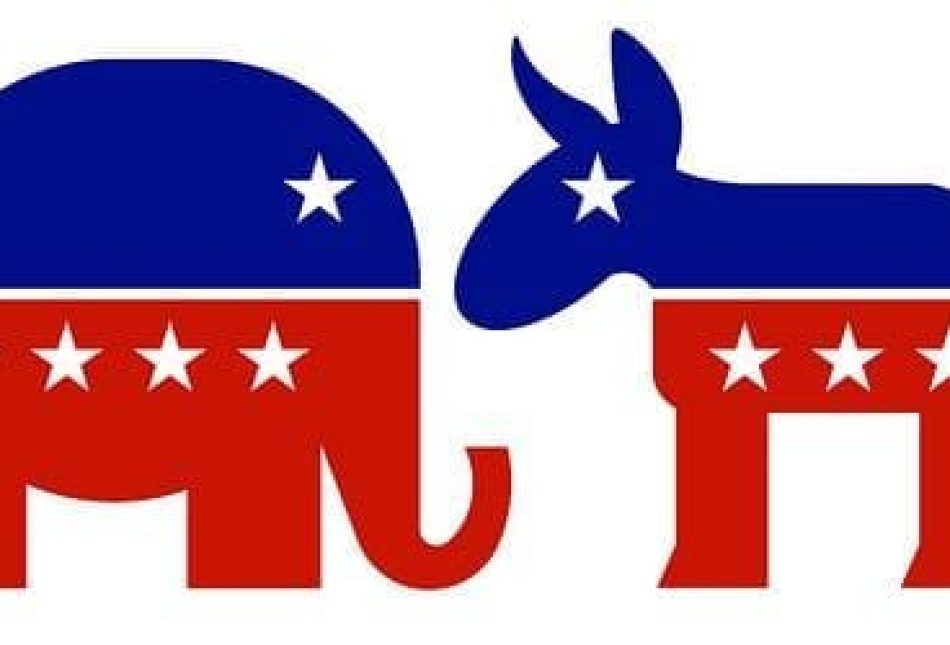Economic reforms in NM demand bipartisanship

The following piece appeared in the Albuquerque Journal on Wednesday, December 14, 2016.

A political earthquake happened in November. While most of the nation went right (Republicans control 69 of the nation’s 99 legislative bodies), New Mexico’s House, which had been under Republican control for the first time since the 1950s, flipped back to Democrat control.
While Democrats lost liberal Majority Leader Michael Sanchez, the new legislative leadership is, if anything, more liberal than past leaders. With Republican Susana Martinez in the governor’s mansion for two more years, compromise would seem hard to come by.
However, stalemate is not an option. There need to be some positive economic reforms in New Mexico.
The trick will be to find common ground. Democrats may try to achieve their goals through the constitutional amendment process, but those take time to be approved by voters. This 60-day legislative session is an opportunity to put forth innovative bipartisan reforms that can improve the economy.
One idea that might have some bipartisan legs is occupational licensing reform.
While conservatives going back to Milton Friedman have had serious concerns about the constant growth of licensing, President Obama’s administration issued a report “Occupational Licensing: A Framework for Policymakers” which decried the negative impact of too many licensing requirements and how those requirements disproportionately impact low-income workers.
It would seem that removing some licensing requirements or at least revamping the licensing process to make jobs more accessible to more people might be an area of bipartisan agreement with positive outcomes for jobs and economic growth.
Licensing reform should also be undertaken for those with criminal records. It can be difficult or impossible for people who have been involved in the criminal justice system to obtain required licensing under New Mexico law. We know that New Mexico has a serious crime problem, why let licensing laws stand in the way of those who have paid their debt to society and wish to find productive work?
One licensing-related issue that has already generated bipartisan support in New Mexico’s Legislature is the embrace of mid-level dental providers known as “dental therapists.” Particularly in rural areas of our state, dental care can be hard to come by. Dental therapists are licensed providers between dentists and hygienists. They can do basic procedures like fillings thus allowing dentists to focus their attention on more complicated procedures.
Minnesota is one of an increasing number of states that have embraced dental therapy. I had an opportunity to visit the state earlier this year and found dentists, dental therapists and patients all excited to share the positive impacts of this slight licensing reform.
The last issue to consider is, rather than simply raising taxes, which I’m confident is on the agenda for many Democrats, we need to have a deeper discussion about tax reform.
The gross receipts tax is both regressive (something Democrats claim they care about) and a jobs killer. Without a thriving oil and gas sector, it also isn’t generating the revenue that New Mexico has grown accustomed to. A recent Legislative Finance Committee noted a 30 percent drop-off in revenues from October 2015 to October 2016.
If New Mexico is going to get out of its current economic rut, squeezing that proverbial “blood from the turnip” by raising taxes isn’t the answer.
The next two years are going to be a real challenge for this state. The “easy” economic reforms like “right to work” are off the table due to shifting political winds. Stalemate between the legislature and governor is not an option. Hopefully some positive agreement can be reached for the sake of New Mexico.
Paul Gessing is the President of New Mexico’s Rio Grande Foundation. The Rio Grande Foundation is an independent, non-partisan, tax-exempt research and educational organization dedicated to promoting prosperity for New Mexico based on principles of limited government, economic freedom and individual responsibility
